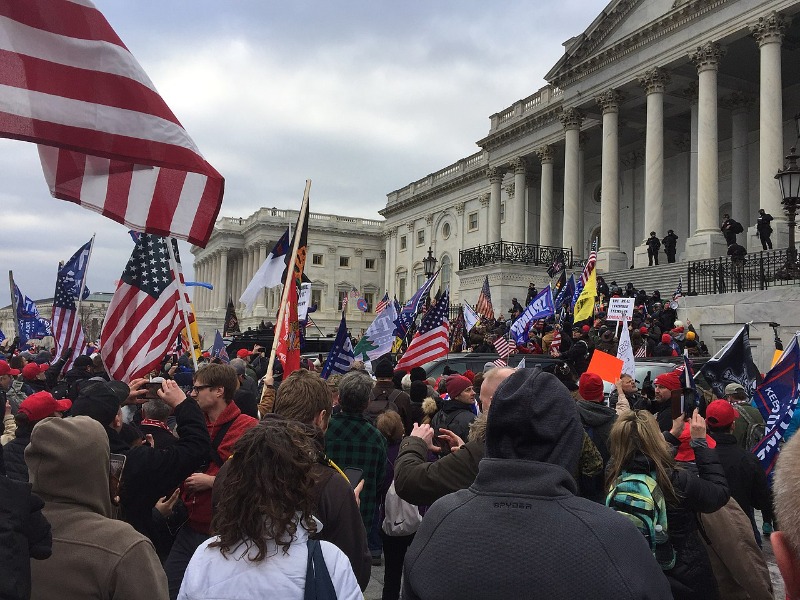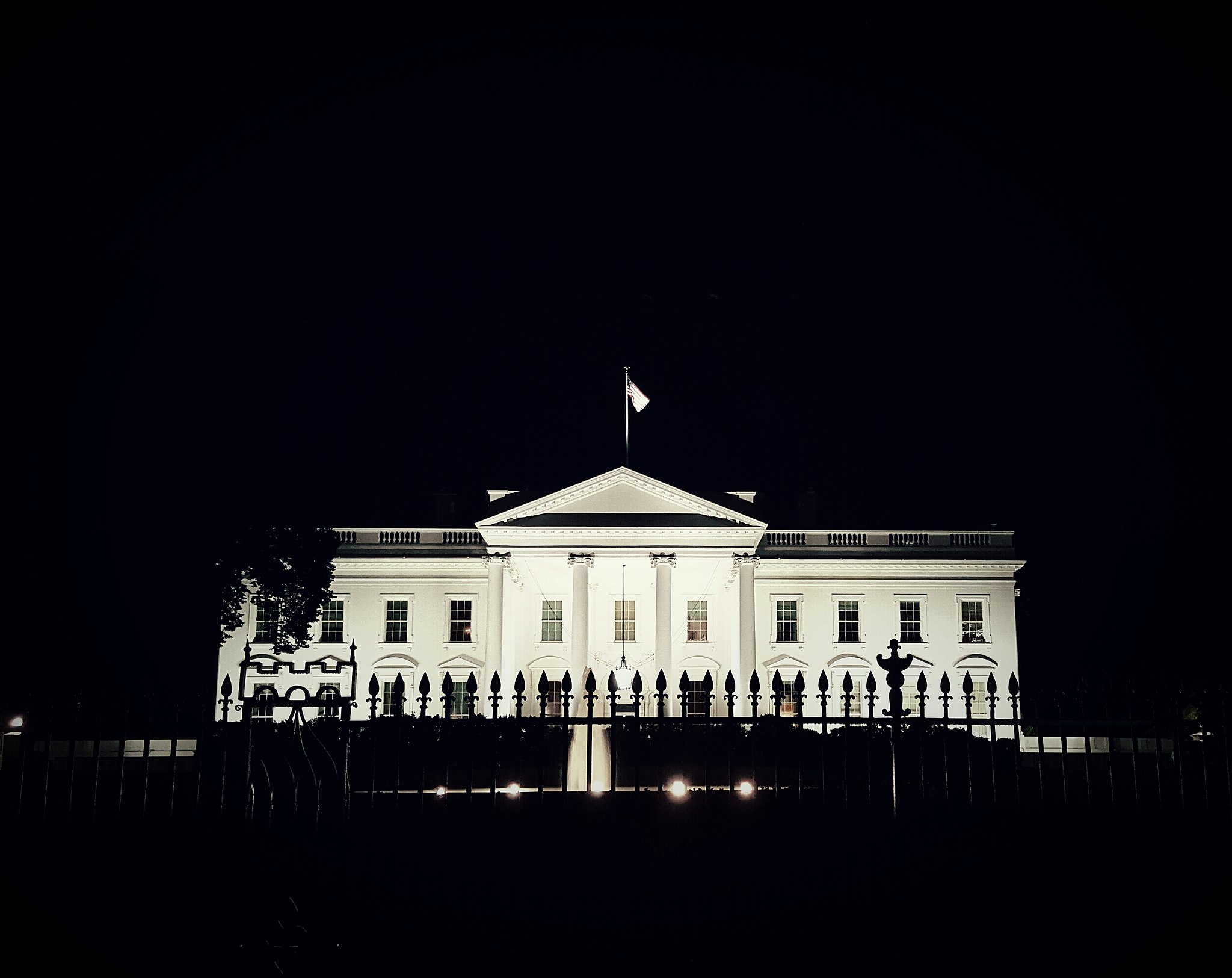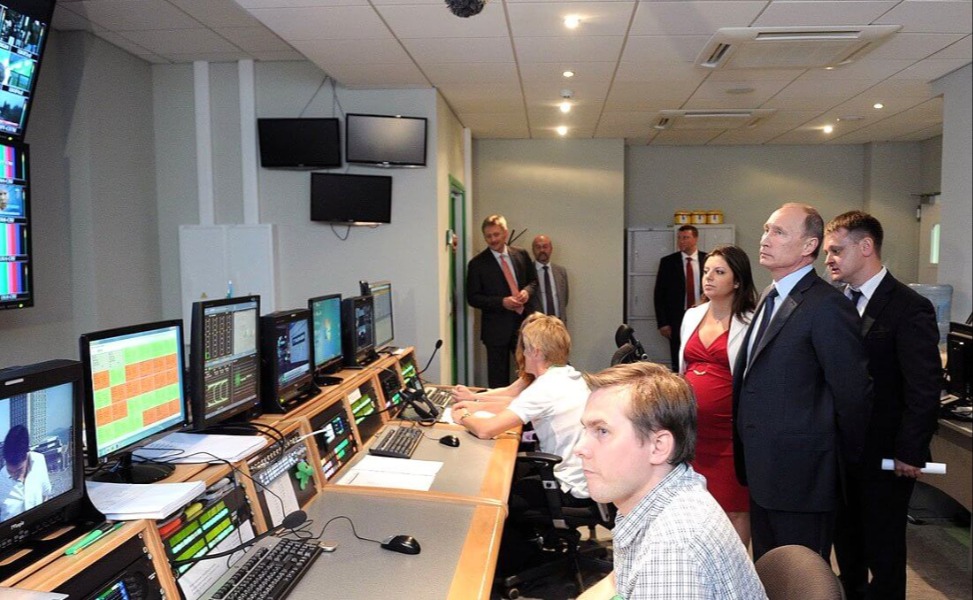Will President-elect Trump Fire the First Shot in the U.S.-China (Economic Sanctions) War?
Last summer, I pointed out that U.S. law already authorizes the President to impose targeted economic sanctions to deter or punish Chinese aggression in the South China Sea. That none were imposed, however, is hardly surprising. Although U.S. sanctions are often threatened, the U.S. government has rarely, if ever, imposed economic sanctions on a Chinese company or individual, even for offenses such as cyber-theft or illegal trade with Iran.
Published by The Lawfare Institute
in Cooperation With

Last summer, I pointed out that U.S. law already authorizes the President to impose targeted economic sanctions to deter or punish Chinese aggression in the South China Sea. That none were imposed, however, is hardly surprising. Although U.S. sanctions are often threatened, the U.S. government has rarely, if ever, imposed economic sanctions on a Chinese company or individual, even for offenses such as cyber-theft or illegal trade with Iran. The importance and delicacy of the U.S.-China economic relationship has probably made the Obama Administration cautious about using this tool of economic statecraft.
But the political landscape has changed quite a bit since July. The new President-elect has promised to shake up that economic relationship by imposing new tariffs and/or by declaring China a “currency manipulator.” If trade sanctions on China are on the table again, targeted sanctions for the South China Sea or for Chinese human rights offenses seem far less controversial and much more likely. Economic sanctions may become an important, even crucial, factor in U.S.-China relations. This short post will review existing and proposed U.S. laws that could be used to impose targeted economic sanctions on Chinese government officials and companies.
Last week, Senators Tom Cotton and Marco Rubio announced last week that they were introducing the “Hong Kong Human Rights and Democracy Act.” This new law “establishes punitive measures against government officials in Hong Kong or mainland China who are responsible for suppressing basic freedoms in Hong Kong, especially in connection with the abduction of certain booksellers.”
The new law would create a targeted sanctions regime aimed at Chinese and HK officials who were involved in the abduction or detention of certain Hong Kong publishers and booksellers. The President must identify such individuals and then revoke visas and block financial transactions of any such Chinese or HK officials.
This law, if enacted, would be a Hong Kong version of the “Magnitsky Accountability” Act, which imposes targeted sanctions on Russian officials responsible for the death of Russian lawyer Sergei Magnitsky as well as any Russian officials “responsible for extrajudicial killings, torture, or other gross violations of internationally recognized human rights” of individuals seeking to exercise their internationally recognized human rights in Russia. The new HK law is a much more aggressive approach than the original version of the bill Senator Rubio supported last year, which would merely bolster U.S. monitoring of Hong Kong democracy and human rights.
The new HK Human Rights and Democracy Act has many months to go before it is either considered or adopted. But the President may soon have the authority to impose sanctions on Chinese or HK officials for human rights violations, even those beyond Hong Kong. Last summer, the Senate passed the “Global Magnitsky Accountability Act.” This law would apply the Magnitsky Act’s standards to any persons from any country (not just Russia). Hence, it would authorize the President to impose targeted sanctions on individuals or entities responsible for “extrajudicial killings, torture, or other gross violations of internationally recognized human rights committed against individuals in any foreign country.”
The fate of the Global Magnitsky Act is still uncertain. It was attached to the FY2017 National Defense Authorization Act that is currently before the House-Senate Conference committee. The House never approved the Global Magnitsky Act so it could be dropped from the final bill. But if it was enacted, it would give the President the power to use targeted sanctions against any country for human rights abuses, including China.
Even without these laws, it is possible that the President already has the authority to impose targeted sanctions, at least for anti-democratic actions in violation of the Basic Law in Hong Kong. Under existing U.S. law (which is being deployed against Russia for Crimea), the President can impose such sanctions if he declares a “national emergency” in responses to “any unusual and extraordinary threat,” which threatens national security, foreign policy, or economy of the United States.” This is pretty generous language that allows declarations of national emergencies for a wide variety of foreign situations, and U.S. courts have been loathe to review the definition of “national emergency” under the law. President Obama recently designated cyber attacks as such a national emergency and has threatened to impose sanctions on Chinese cyber-hackers (but hasn’t). The possibility of unrest in Hong Kong arising out of the suppression of rights guaranteed by the Basic Law could arguably qualify under what is already a very fuzzy definition of “national emergency” needed to trigger existing U.S. law.
The bottom line is that changes in U.S. domestic law may soon expand the ability of the President to impose targeted sanctions on Chinese officials and companies, and existing law might authorize them anyway. The fact that Senators Rubio and Cotton were happy to publicly introduce such a bill explicitly targeting Chinese companies and individuals may be a sign that the political taboo in Washington DC on economic sanctions against China is breaking down. President-elect Trump will have the legal authority, and political support, for such actions against China in the near future. I have not detected a particular interest in protecting human rights in Trump’s campaign rhetoric, but his willingness to launch economic warfare against China means he probably has no bias against imposing such sanctions for human rights or aggression in the South China Sea either.
I am agnostic on whether a turn in U.S. policy toward economic sanctions is a good or a bad thing. There are lots of reasons to seek new leverage against China, but a disruption of the global economy resulting from a full-fledged US-China economic sanctions war is a serious downside. Still, my guess is that the new political atmosphere in Washington means sanctions are much more likely over the next four years than they were over the past eight. We should probably all start paying attention to economic sanctions as a new factor in the U.S.-China relationship.





